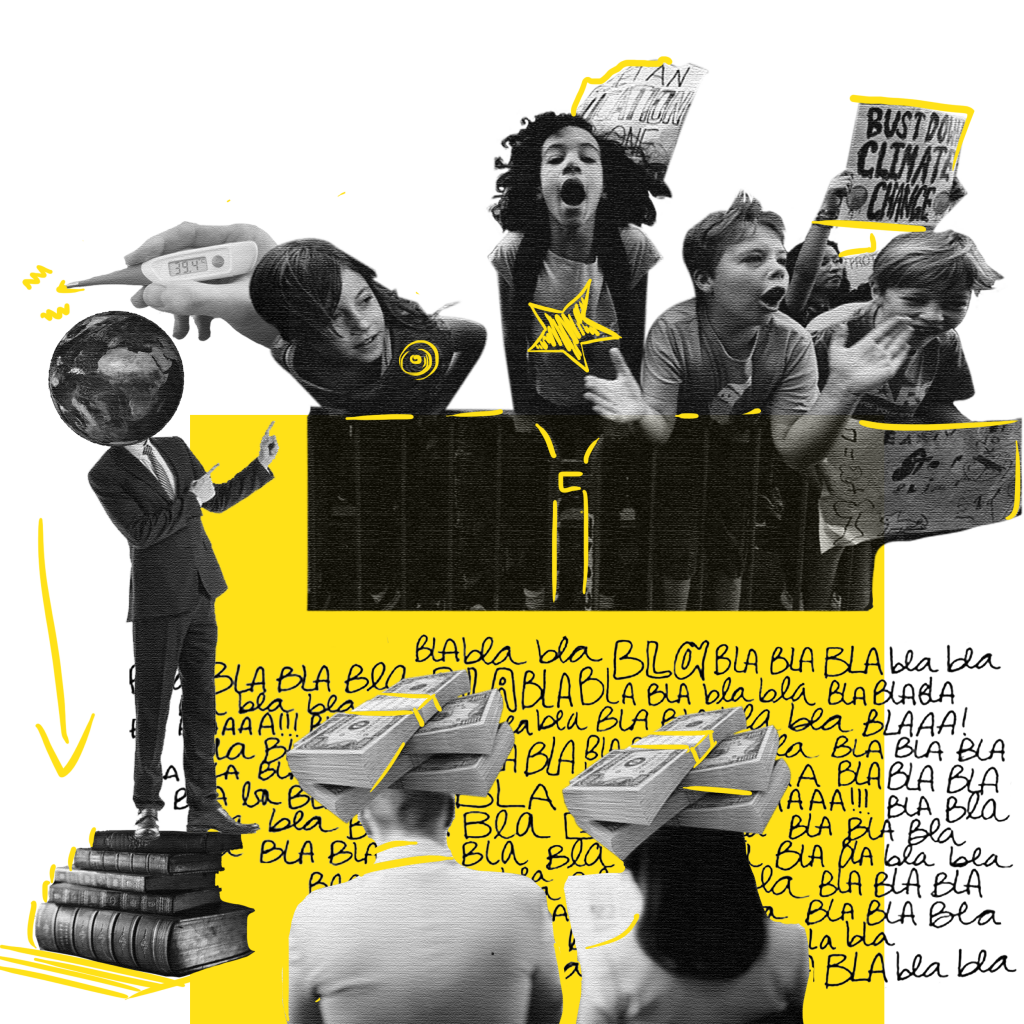On the era of changes
And how important our choices are now
On Friday, October 1st, the conference “The changing planet, a look from above” was held. At the Leonardo da Vinci national science and technology museum in Milan, on the occasion of the PRECOP-26.
Among the speakers present were the museum director, the president and some executives of the ASI (Italian Space Agency) and ESA (Europe Space Agency), the astronaut Luca Parmitano and the professor of the Milan Polytechnic Maria Antonia Brovelli.
The various speakers spoke on hot topical issues explaining the perspective of the climate crisis seen from space and how satellites can be formidable tools to counter it. These devices that constantly orbit over our heads are capable of collecting an unimaginable amount of data. Furthermore, they allow us to monitor routes, lakes, seas, coasts. Subsequently, the information is acquired bilaterally from space and from the earth and processed in the “Digital twin Earth” program which allows you to create important models, not only to evaluate the state of the planet at the present moment, but also to make predictions. Thanks to the images taken by astronaut Luca Parmitano from the space station, different aspects of the crisis can be highlighted such as fires and smoke produced, deforestation, urbanization. However, the important monitoring activity is not enough to stop the crisis, it is necessary that politics be alongside science. Citizens too must be aware and it is only thanks to a very important work of raising public awareness that it will be possible, through the sum of very small efforts, to overcome this crisis.
We live in an age of change: digital transformation has radically changed our way of life. In just under twenty years, cultural, social and political-economic models have adapted, together with man, to a new reality in constant evolution, fueled by progress and artificial needs which are now the foundation of society.
Despite the speed with which science is finding solutions to combat the climate crisis and the real need dictated by the lack of time, the world is not achieving the results promised by the advancement of scientific progress.
Why is the ecological transition delayed? What are you rowing against?
Disinformation, today in contrast to hyper-information and the constant connection to digital reality, represents one of the most important causes of the slowdown in the conversion to a more sustainable lifestyle.
Widespread ignorance about climate change is disseminated in an organized manner through networks financed by multinationals, specifically in the fossil fuel sector. For years now, politics has been subject to the interests of the economy and prevents a full awareness of the citizen towards environmental needs.
The deep-rooted consumerist habits that have persisted in our lifestyle for almost a century allow politics to overlook a topic of such importance to pursue its own economic interests. In a world where buying is a daily practice and production is essentially mass production, it therefore becomes a real business to transform on the one hand habits of life for the citizen and on the other technologies and production methods for companies.
Humanity is trapped in this vicious circle; the first real step to stop the emergence of a demand that is increasingly stimulated by supply must come from each of us and in conjunction with the holders of the economy: politicians and multinationals.
However, we are not given unlimited time to overcome this crisis: we are faced with an urgent need to act. Time is characterized by the irreversibility of human events and the recurrence of astronomical events. Due to anthropization, the impact of mankind on the environment is destroying the natural cyclical nature of time (the world has always gone from ice ages to periods of global warming) and the environmental crisis is about to become uncontrollable. Advancing at this rate, the date on which this process will reach the point of no return is calculated for 2030. The quantity of resources consumed on earth annually must be such as to allow them to be regenerated to allow future generations to benefit from them. Our consumption far exceeds the maximum permitted threshold: the Overshoot day is the date on which we annually exceed this limit. In the 1970s we still consumed less than the earth produced, in 2021 the Earth Overshoot day fell on July 29th. It can be estimated that by proceeding at this rate around 2050, humanity will consume well double what the Earth produces.
If the impossibility of going back is so imminent, why haven’t we yet changed course? What drives man to act in this way? Is money really the engine of human mechanisms?
The future of the world cannot have to depend on the selfishness of our decisions and if we do not take advantage of the choice we have now, we will soon find ourselves in a world in which choosing will no longer be possible.

